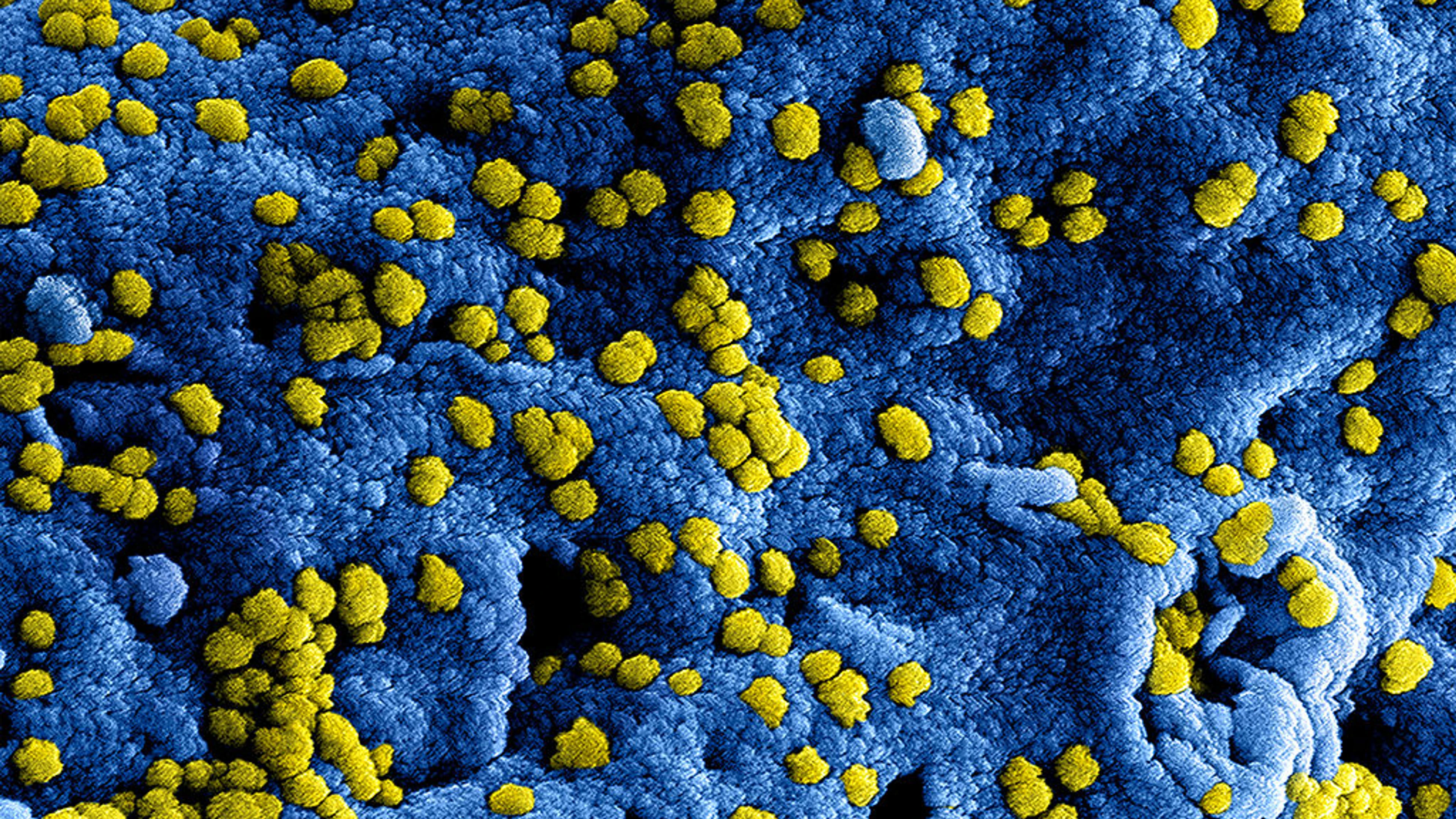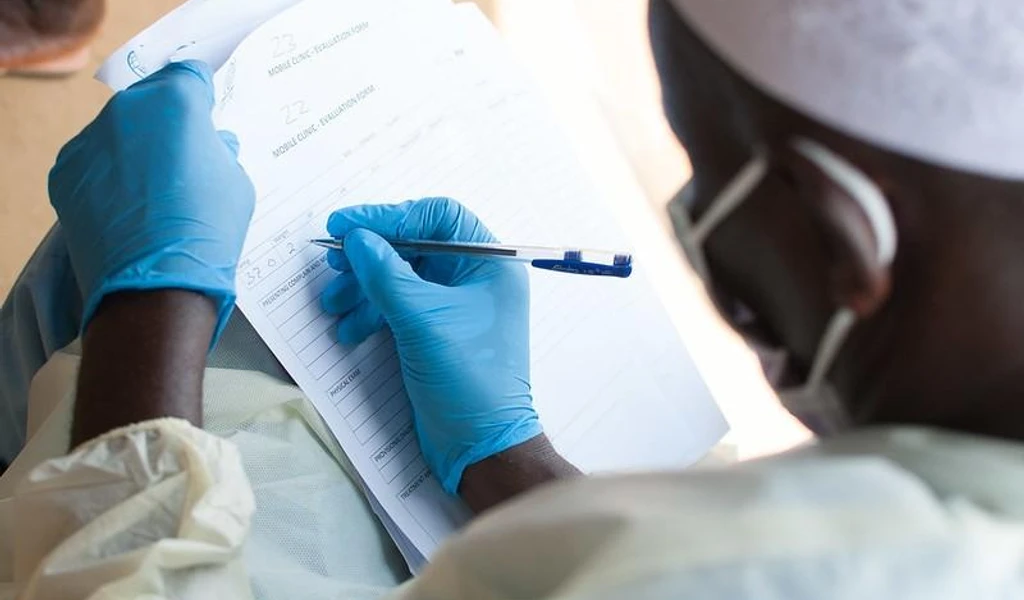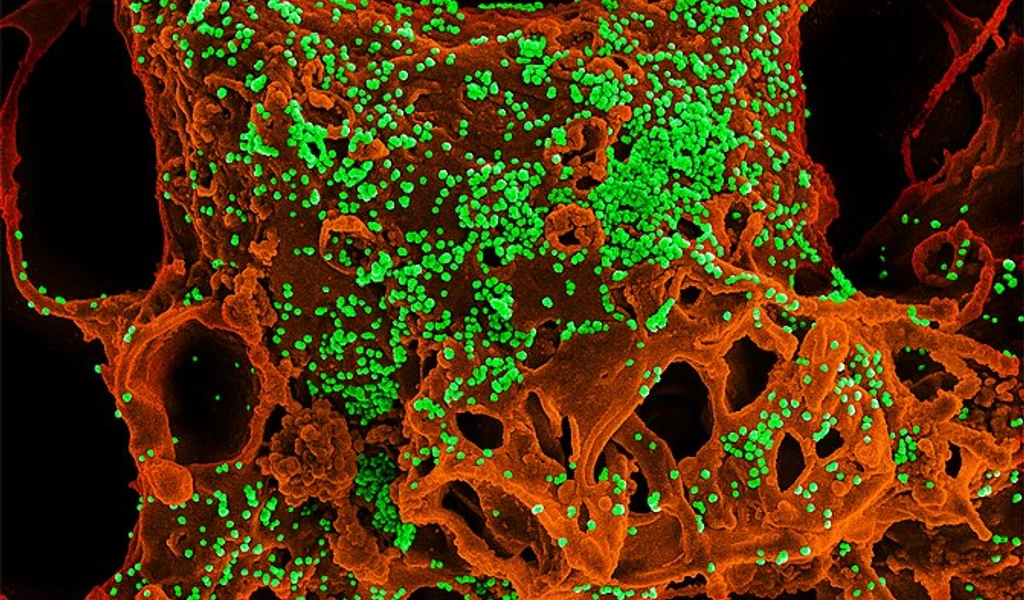Epidemics can occur anywhere, at any time.
We publish regular updates, produced by Program for Monitoring Emerging Diseases (ProMED), on outbreaks of emerging infectious diseases to keep you informed on the frequency and impact of our priority diseases.
ProMED is the largest publicly-available system conducting global reporting of infectious diseases outbreaks, with ProMED staff, moderators and team members scanning for, reviewing and posting information relating to global health security from official health reports and media articles.
The below post contains information from health reports, news articles, and academic papers relating to our priority diseases, compiled together by ProMED. Content below may be edited from original ProMED posts for style and length.
These posts provide an overview of disease outbreak activity over the past several weeks. For the latest information relating to outbreaks of infectious diseases, please visit the ProMED website.
MERS
Location
Qatar and Saudi Arabia
Outbreak Update
On 5 December 2019, Qatar reported 3 laboratory-confirmed cases of MERS-CoV infection to the World Health Organization.
The first patient is a 67-year-old female from Doha, Qatar who presented in hospital on 25 November and was admitted on 28 November. The patient had underlying medical conditions and passed away on 12 December. The patient had neither a history of contact with dromedary camels nor recent travel. Two asymptomatic secondary cases have been identified so far — the two contacts are a 50-year-old and a 32-year-old, also living in Doha.
A total of 47 identified contacts were monitored daily for appearance of respiratory or gastrointestinal symptoms for 14 days following their last exposure to the patient.
Disease Research
A new paper has been published in The Lancet Planetary Health, looking at the prevalence of MERS-CoV in camels from Saudi Arabia and Africa.
Between August 2016 and May 2018, researchers from Saudi Arabia, UK and Germany collected samples from nearly 1200 imported camels from Sudan and Djibouti, as well as samples collected from local camels in Saudi Arabia (n=472) in May and June 2018.
They found that virus prevalence was higher in local camels, suggesting that despite frequent imports of MERS-CoV with camels from Africa, African lineages of the virus do not appear to currently establish themselves in Saudi Arabia. The authors propose that Arabian strains of the virus should be tested for changes in virulence and transmissibility.
Sources:
World Health Organization — WHO Disease Outbreak News, Qatar 26 Dec 2019
The Lancet Planetary Health — Enzootic patterns of Middle East Respiratory Syndrome coronavirus in imported African and local Arabian dromedary camels: a prospective genomic study
See the full ProMED post (1) and (2)
Ebola
Location
Democratic Republic of Congo
Outbreak Update
As of 24 December 2019, the cumulative number of cases since the start of the epidemic now stands at 3366, of which 3248 are confirmed and 118 probable. In total, there were 227 deaths (2109 confirmed and 118 probable) and 1098 people recovered.
As of 20 December 2019, 2938 people have been vaccinated with the Ad26.ZEBOV / MVA-BN-Filo vaccine, manufactured by Johnson & Johnson. Since the start of vaccination with Merck's VSV-ZEBOV vaccine, on 8 August 2018, 259 276 people have been vaccinated.
Rather than being reinfected, a patient who was recently diagnosed with Ebola for the second time was found to have had a "resurgence of the disease". Margaret Ann Harris, a spokesperson for the World Health Organization in DRC, said that there had been cases of survivors of the deadly virus falling ill again: "We have seen some cases of resurgence in Guinea and we have also seen that death rates among survivors are higher. We know that the virus persists in some people and it can come out again."
Sources:
DRC CMRE Team - Daily Epidemiological Situation Update (translated from French), 24 December 2019
The Telegraph — Experts breathe sigh of relief as WHO confirms Ebola patient was not reinfected with the deadly disease , 17 December 2019
See the full ProMED post
Lassa fever
Location
Nigeria
Outbreak Update
Lassa fever reportedly killed one man last week in Ebonyi state, Nigeria.
Up to 8 December 2019, a total of 4820 suspected cases have been reported in Nigeria, with 806 confirmed positive, 19 probable and 3995 negative (not a case). Since the onset of the 2019 outbreak, there have been 166 deaths in confirmed cases. Case fatality ratio is 20.6%.
The predominant affected age group is 21-40 years old. The male-to-female ratio for confirmed cases is 1:1. A total of 19 healthcare workers have been infected since the onset of the 2019 outbreak. A total of 9367 contacts have been identified.
Sources:
Punch Nigeria — Lassa fever claims one in Ebonyi
Nigeria Centre for Disease Control — Lassa fever Situation Report Week 49



